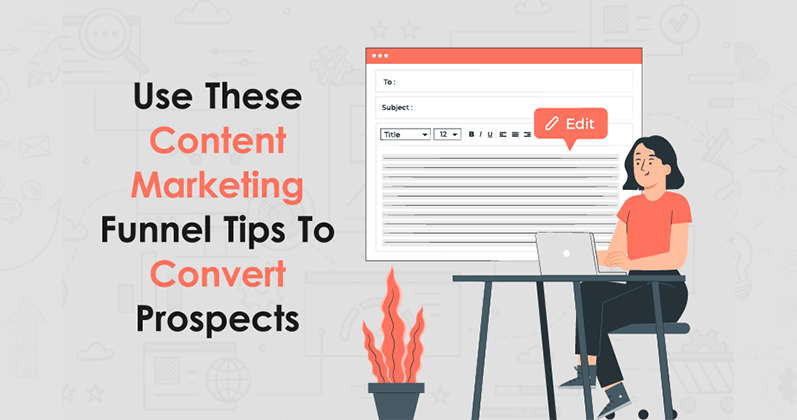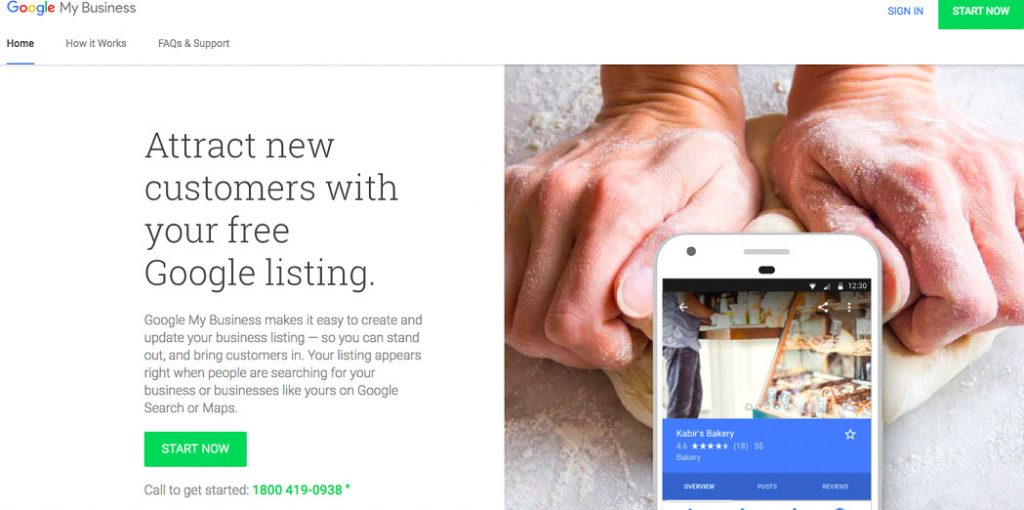Step-by-Step Guide to Effective Link Building
There are several ways to start your link-building journey. However, if you don’t want to experiment much, you should consider sticking to the step-by-step link-building process that has proven to be effective for many website owners over the years. Here’s what you need to do:
Step 1: Creating High-Quality, Link-Worthy Content
Your goal should be to create high-quality content that organically earns you backlinks from websites with good DA. Instead of writing generic content, you need to produce content with relevant information, relatability, extensive research, and fact checks.
It can be case studies, industry analysis, guides and tutorials, original research, surveys, infographics, etc. Since such content pieces offer valuable data and unique knowledge to the audience, they are more likely to get backlinks from other websites.
Step 2: Utilizing Social Media for Link Building
Social media can be a powerful tool for link-building in 2024 and upcoming years. You can share your content with a larger audience through social media platforms. This practice boosts your chances of being noticed by potential link partners.
Also, high-quality content that is shareable on social media platforms like Facebook, Threads, and X (formerly Twitter) can lead to increased traffic and backlinks to your site. You can also perform link outreach using social media platforms to build relationships and establish links.
Step 3: Guest Posting and Article Submission
Guest posting is one of the most effective ways to acquire quality backlinks while establishing yourself as an industry expert. In this link-building strategy, you need to create informative, relevant, and engaging content for a high DA blogger site as a guest author.
While writing the guest post, you need to optimize your anchor text. This anchor text is hyperlinked (to your website content) and accurately describes the linked content. While producing a guest post or an article for submission, make sure it is not plagiarized and does not have irrelevant anchor text.
Step 4: Building Relationships for Quality Backlinks
If you want to get quality backlinks from reputed blogging sites, you need to start building relationships with those bloggers. In today’s date, cold emails rarely work. For direct email outreach, you need to stand out in the prospect’s inbox. Also, do not ask for too much with the first email. Make it short and easy for the prospects to understand your offer.
You should focus on building positive, long-lasting relationships with other brands or thought leaders in your niche. This is a more effective way of generating several backlinks through personal connections. If you look for new prospects for every backlink, it will cost you plenty of time and resources.
Step 5: Using SEO Tools for Link Building
From researching relevant websites to measuring the effectiveness of the efforts – building backlinks involves several complicated steps. With the help of certain SEO tools, you can automate the process for better accuracy and higher efficiency. Tools like Ahrefs, Moz, and others provide you with insight into the competitors’ link-building tactics.
Apart from competitor analysis, you can also use such tools to identify opportunities for improving organic search performance. Moreover, you can enjoy features like backlink analysis, keyword tracking, content optimization, and more. Some of these websites can also help you find broken links, which can impact the SEO of your website.
While this step-by-step process has been quite effective in helping brands with their link-building efforts, you should stay up-to-date with the changes in the market and Google algorithms. The sooner you adapt to the changes, the better your chances of getting desired results through earning links.















